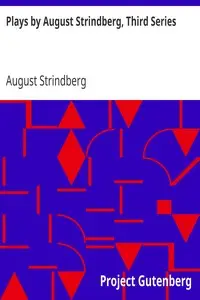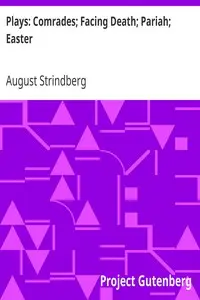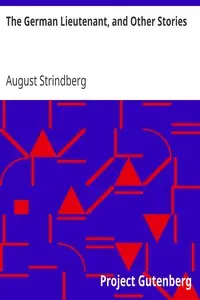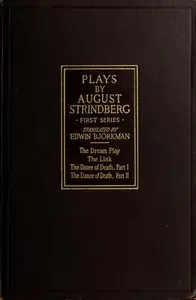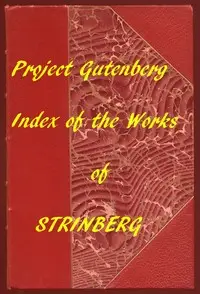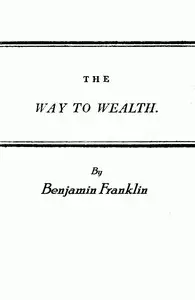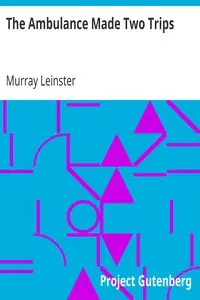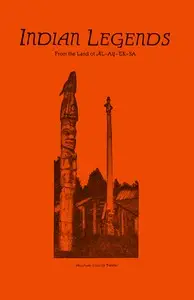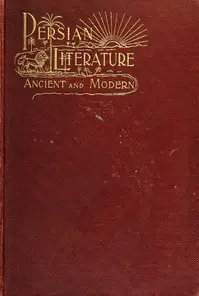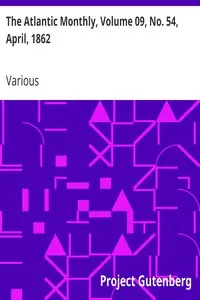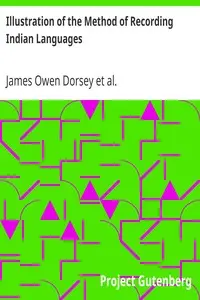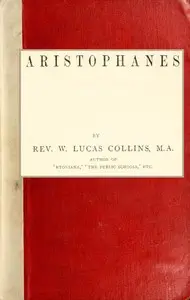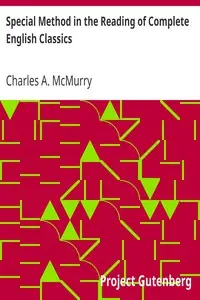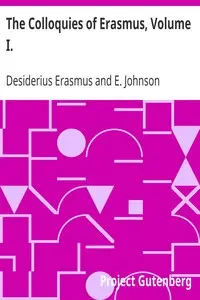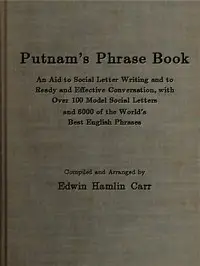"Zones of the Spirit: A Book of Thoughts" by August Strindberg is a philosophical exploration written in the early 20th century. This work is a collection of reflections and insights that delve deeply into the author's spiritual and existential inquiries. Strindberg's writings convey his tumultuous journey through various philosophical and theological landscapes, reflecting on the nature of divinity, the human condition, and the pursuit of truth. The opening of the book features an engaging introduction that presents Strindberg as a man shaped by intense spiritual struggles and radical transformations. It outlines his evolution from a devout believer to a fierce skeptic and ultimately back to a redefined faith, spotlighting significant moments that shaped his worldview. As the narrative unfolds, it discusses Strindberg's critical examination of traditional beliefs, portraying his intellectual pursuits and the influence of other thinkers on his journey, leading to a profound and often painful understanding of existence and faith. This introductory section sets the stage for a work that promises to examine deeply personal and universally relatable themes through Strindberg's distinctive lens. (This is an automatically generated summary.)
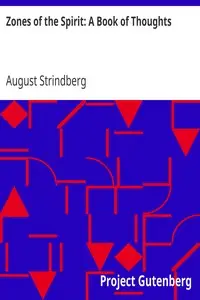
Zones of the Spirit: A Book of Thoughts
By August Strindberg
"Zones of the Spirit: A Book of Thoughts" by August Strindberg is a philosophical exploration written in the early 20th century. This work is a collec...
Johan August Strindberg was a Swedish playwright, novelist, poet, essayist, and painter. A prolific writer who often drew directly on his personal experience, Strindberg wrote more than 60 plays and more than 30 works of fiction, autobiography, history, cultural analysis, and politics during his career, which spanned four decades. A bold experimenter and iconoclast throughout his life, he explored a wide range of dramatic methods and purposes, from naturalistic tragedy, monodrama, and historical plays to his anticipations of expressionist and surrealist dramatic techniques. From his earliest work, Strindberg developed innovative forms of dramatic action, language, and visual composition. He is considered the "father" of modern Swedish literature and his The Red Room (1879) has frequently been described as the first modern Swedish novel. In Sweden, Strindberg is known as an essayist, painter, poet, and especially novelist and playwright, but in other countries he is known mostly as a playwright.

